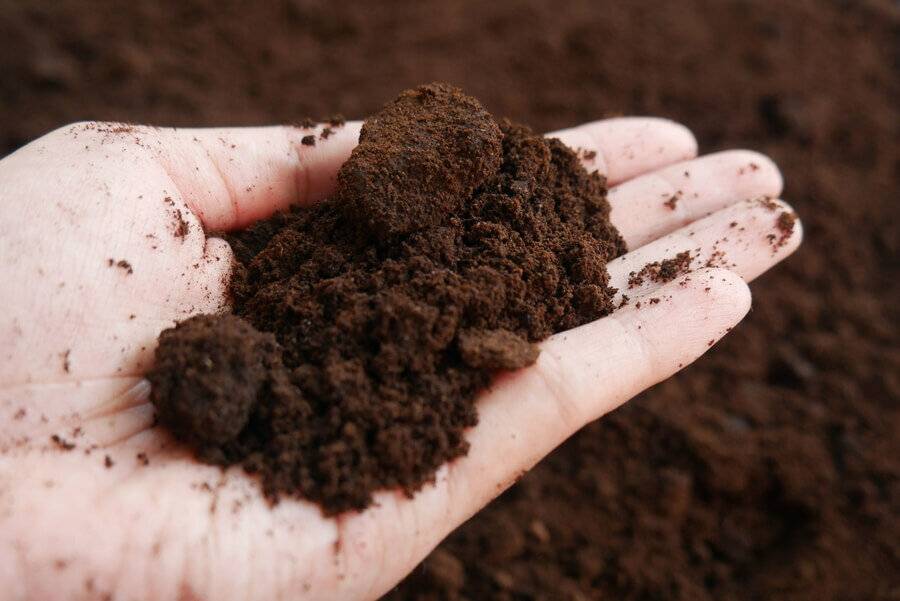Are Flushable Wet Wipes Septic Safe?
Flushable wet wipes have gained popularity in recent years as a convenient alternative to traditional toilet paper. Marketed as being safe to flush, many individuals have incorporated these wipes into their daily hygiene routine. However, a critical question arises: are flushable wet wipes truly septic safe?
Flushable wet wipes are designed to disintegrate and break down when flushed down the toilet. This characteristic is crucial to prevent blockages in the sewage system and maintain the proper functioning of septic systems. However, the reality is far from what the marketing claims suggest.
Studies and reports have shown that despite being labeled as “flushable,” these wipes do not disintegrate as quickly or efficiently as toilet paper. They can cause clogs and blockages in household plumbing, leading to costly repairs and inconveniences. Furthermore, even if the wipes make it through the home plumbing system, they can still pose a significant risk to septic systems.
Septic systems rely on the natural breakdown of waste materials by bacteria and enzymes. When flushable wet wipes enter the septic tank, they can disrupt this delicate balance. The wipes do not break down easily, resulting in accumulation and potential clogging of the septic system. This can lead to backups, foul odors, and even system failures.
It is important to note that the term “flushable” is misleading, as it implies that the wipes can be safely disposed of by flushing. However, the reality is that flushable wet wipes can cause significant harm to both household plumbing and septic systems.
In the following sections, we will delve deeper into the potential risks associated with flushable wet wipes and provide practical recommendations for proper disposal and maintenance. It is crucial to understand the implications of using these wipes to make informed decisions about our hygiene practices and the well-being of our septic systems.
The Potential Risks of Flushable Wet Wipes
While flushable wet wipes may seem like a convenient option for personal hygiene, it is essential to understand the potential risks they pose to our plumbing systems and septic tanks. Let’s explore some of the key concerns:
1. Clogging and Blockages
One of the primary issues with flushable wet wipes is their inability to disintegrate quickly like toilet paper. Despite being marketed as “flushable,” these wipes can accumulate and clump together in pipes, leading to clogs and blockages. This can result in backed-up toilets, slow drains, and the need for costly plumbing repairs.
2. Damage to Household Plumbing
Flushable wet wipes are thicker and more durable than traditional toilet paper. While this may provide a sense of comfort during use, it also means that they are more likely to get caught in pipes and cause damage. Over time, the accumulation of these wipes can lead to pipe corrosion, leaks, and even burst pipes, causing significant inconvenience and expense.
3. Disruption of Septic System Functionality
Septic systems rely on a delicate balance of bacteria and enzymes to break down waste materials effectively. When flushable wet wipes enter the septic tank, they can disrupt this balance. The wipes do not break down easily, leading to the accumulation of non-biodegradable materials in the tank. This can hinder the natural breakdown process, potentially causing backups, foul odors, and even septic system failures.
4. Environmental Impact
Another aspect to consider is the environmental impact of flushable wet wipes. Unlike toilet paper, which is designed to break down quickly and easily in water, these wipes are often made from synthetic materials that do not biodegrade as readily. When flushed, they can end up in water bodies, contributing to pollution and harm to aquatic ecosystems.
Practical Recommendations for Proper Disposal and Maintenance
Given the potential risks associated with flushable wet wipes, it is crucial to adopt proper disposal and maintenance practices. Here are some practical recommendations:
- Do not flush wet wipes: Despite the label claiming they are flushable, it is best to avoid flushing wet wipes altogether. Dispose of them in the trash instead.
- Use toilet paper: Stick to using toilet paper for personal hygiene needs. It is designed to break down easily and is less likely to cause plumbing or septic system issues.
- Consider alternative products: If you prefer the moistness of wet wipes, consider using specifically designed alternatives like biodegradable wipes or toilet paper moisteners.
- Educate others: Spread awareness about the potential risks of flushable wet wipes to friends, family, and the community. Encourage responsible disposal practices to minimize the impact on plumbing systems and the environment.
- Maintain regular septic system inspections: If you use a septic system, ensure regular inspections and maintenance to identify and address any potential issues before they escalate.
Conclusion
Flushable wet wipes may offer convenience, but they come with significant risks to our plumbing systems and septic tanks. The misleading “flushable” label can lead to clogs, damage, and disruption of septic system functionality. It is crucial to prioritize responsible disposal practices and consider alternative options to protect our plumbing infrastructure and the environment. By making informed choices, we can avoid unnecessary expenses and minimize the impact on our septic systems and the world around us.


0 Comments